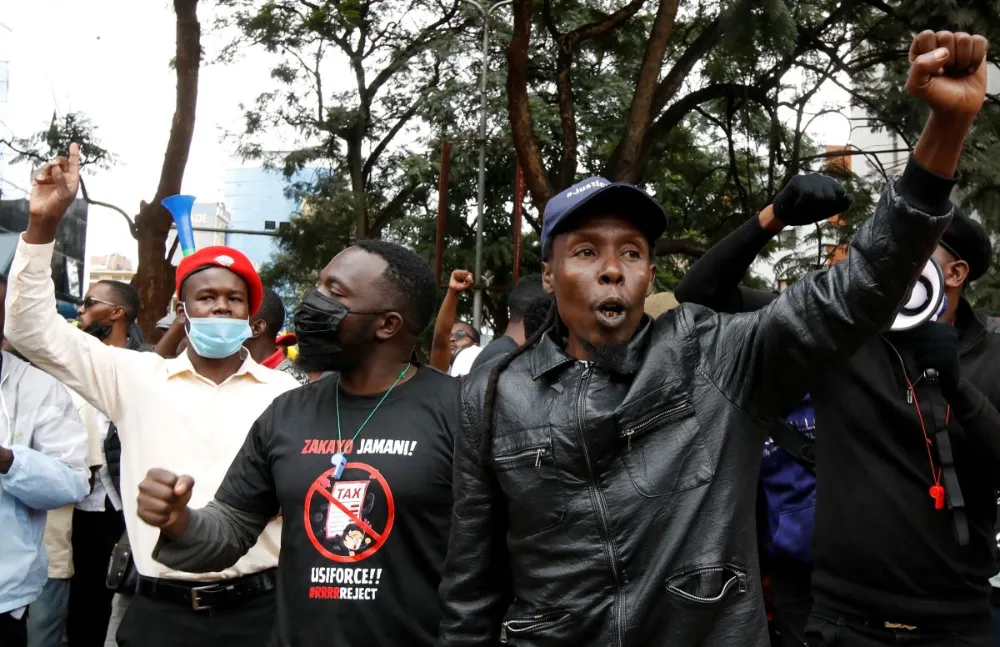
Despite the government’s concessions on certain provisions, Kenyans are set to stage country-wide protests on Tuesday against the Finance Bill 2024, which seeks to increase taxes on a broad array of products and services.
Bill Overview
The Finance Bill 2024, part of Kenya’s 2024/25 budget, proposes substantial tax hikes to boost government revenue. The bill includes a 16% VAT on bread, increased taxes on mobile money transfers, a 2.5% annual tax on cars, and an eco-tax on environmentally harmful products. Additionally, the bill targets income from digital marketplaces and content.
Public Outrage
The proposed legislation has sparked major backlash from a populace already burdened by high living costs. Campaigners, primarily young Kenyans, are demanding the entire bill be scrapped, arguing that the government’s removal of certain taxes is insufficient. Nationwide protests have been organized under hashtags like #RejectFinanceBill2024 and #OccupyParliament.
Recent Developments
President William Ruto’s administration has agreed to eliminate taxes on bread, cars, cooking oil, and sanitary towels, among others. However, this has not quelled the anger. Demonstrators insist that other tax hikes still present in the bill, such as those on road maintenance and imported goods, make it untenable.
Government and Civil Response
Kenya’s security forces have faced criticism for their handling of protests, with reports of excessive force resulting in injuries and arrests. President Ruto has expressed willingness to engage in dialogue with the protesters, acknowledging their democratic right to voice concerns.
Despite these overtures, the protests are set to continue, with demonstrators planning further actions in the coming days to demand the complete withdrawal of the bill. Civil society groups and business owners have also voiced their opposition, citing potential negative impacts on various economic sectors.


Comments are closed.